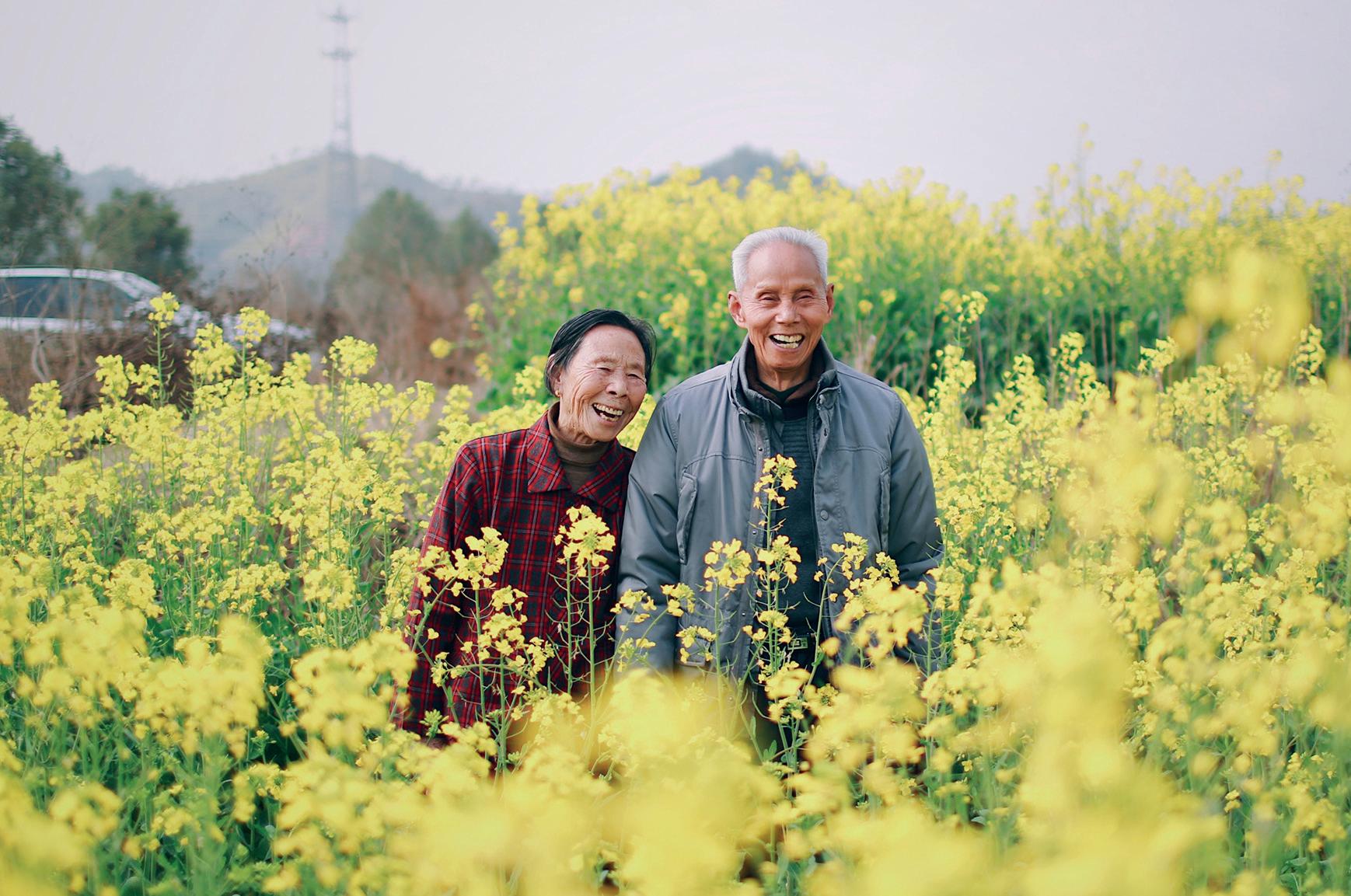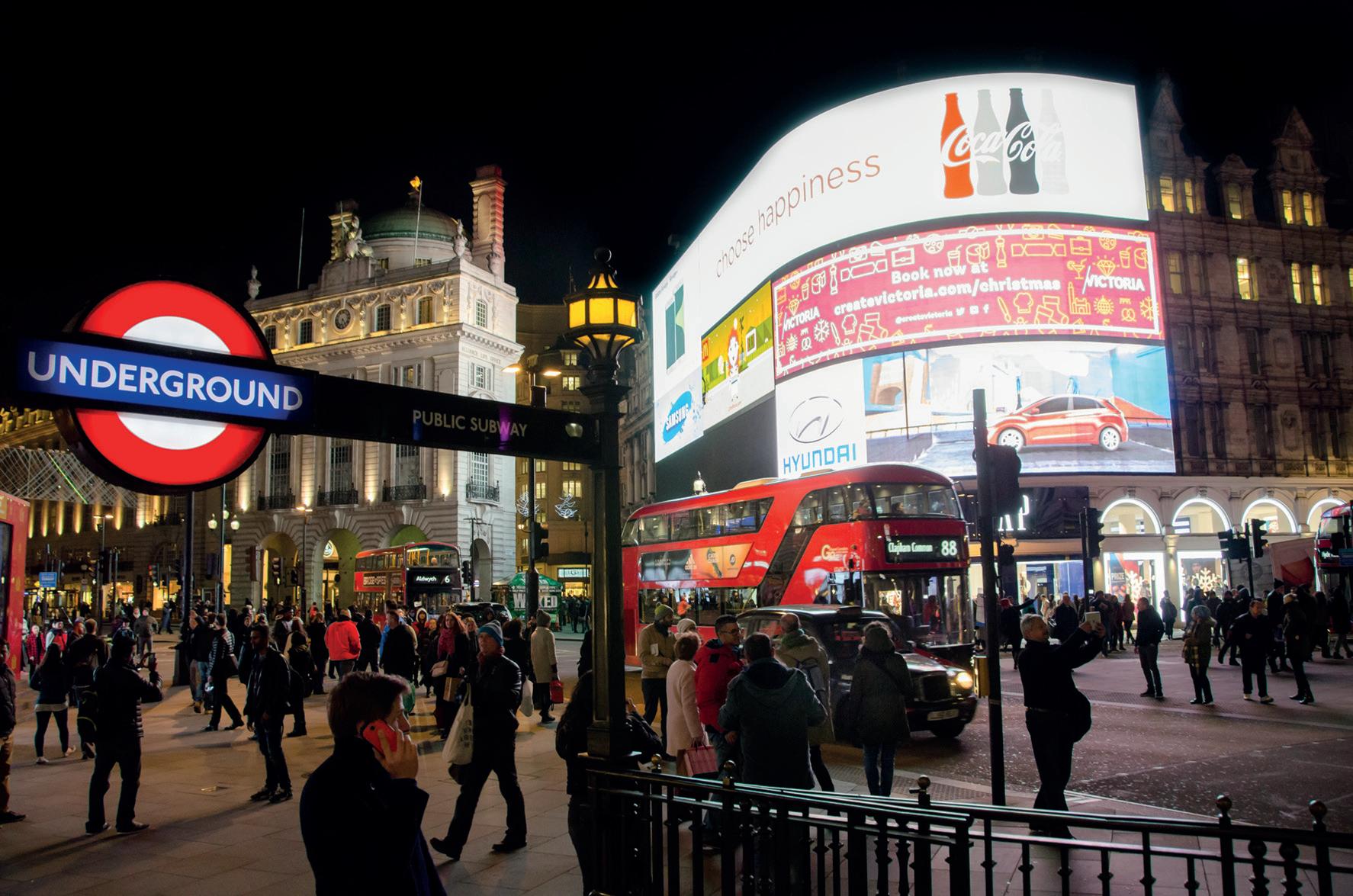
3 minute read
1B What is happiness?
1B
What is happiness?
Advertisement
You may have seen videos of the famous “marshmallow test” that was done at an American university in the 1970s. A young child sits at a table with a single marshmallow on a plate in front of them. The adult tells them they have a choice: they can either eat the marshmallow straight away, or if they wait for fifteen minutes without eating it, they will be given a second marshmallow – and then they can eat them both. The adult leaves the room. And you see the agony of these children, one after the other, trying not to eat the marshmallow: staring intently at it; looking up at the ceiling and pretending it’s not there; touching it; sniffing it; sometimes taking the tiniest nibble from the corner; and sometimes just giving up completely and gulping down the whole piece. The experiment is about self-control and desire, and what this says about us as human beings. Sometimes desire is uncomplicated. We want food, friendship, freedom, love, security. We want the things in front of us. We want the things we don’t have. If you’ve been fired, you want a new job. If you’ve lost your keys, you want to find them. If you’re practising for your driving test, you hope you can pass the first time. But sometimes we realise we are looking for something more.
THE CATHOLIC FAITH EXPLAINED
The Greek philosopher Aristotle said we are all searching for happiness, even if we can’t agree on where to find it. Now that might sound a bit superficial. Go to Piccadilly Circus in central London and you see those huge digital adverts like giant TV screens. And the main one, right in the centre, is an enormous bottle of Coca Cola with the words “Open Happiness” floating above it. Cross the road and walk into McDonald’s and you can buy a Happy Meal to guarantee that your children will be… well…happy! But Aristotle meant something deeper than a Chicken McNugget or a glass of Coke. He believed that true happiness is found in a life that has meaning and purpose. It’s to do with the way I live, and the kind of person I am, and not just with the things I have. How do you know what’s really important to you? One simple way is to look in your diary, and then in your wallet. What have you spent your time and money on over the last week? It tells you a lot about your priorities and what you think is the meaning of your life.

CHAPTER 1: THE SEARCH FOR HAPPINESS
I did an experiment with a group of students once. I said to them: If you knew the world was going to end in one hour, what would you do? It was half fun and half serious. One said, “I’d ring my mum.” One said, “I’d pray.” Another said, “I’d go down to the pub and get smashed.” Someone else, with James Bond fantasies said, “I’d steal a helicopter and fly into the distant horizon.”
What are we looking for? What is happiness? I don’t think there’s a simple answer. And perhaps if we think about it too much it tends to disappear. Edith Warton said: “If only we’d stop trying to be happy we could have a pretty good time.” But imagine if you only had one hour left, or one week. What would you do? Who would you call? Where would you go? And when you get your answer, it’s still worth thinking: Is that it? Or is there something more?
Questions for reflection
What do you think people are looking for most in their lives? What is happiness? Is it possible to find? If you knew the world was going to end in one hour, what would you do?







